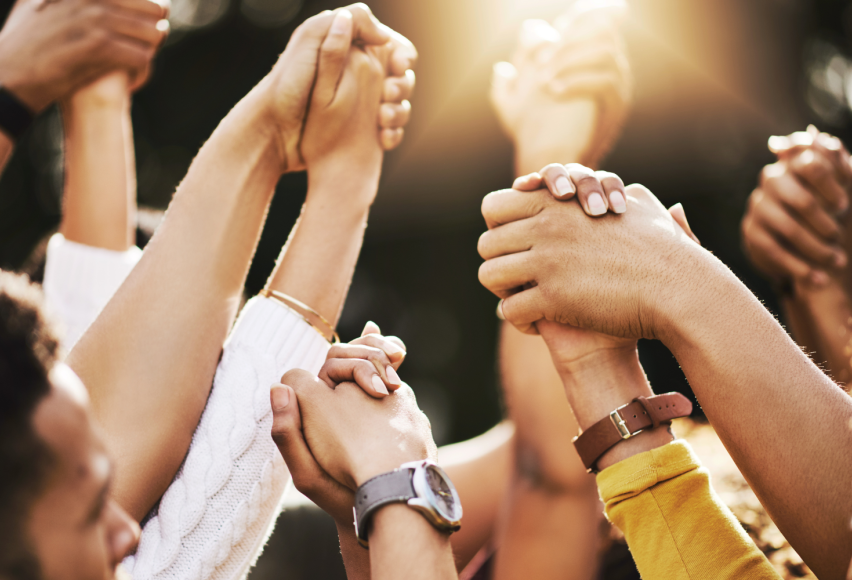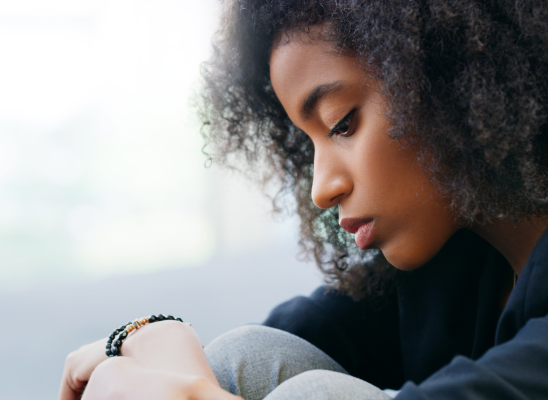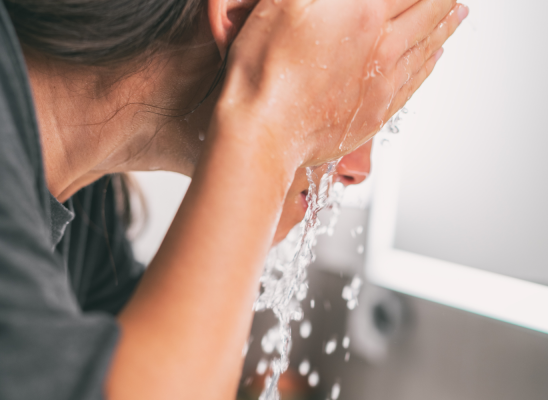Strength in Numbers: Building Community Support for Dermatillomania

Online test
Find out the severity of your symptoms with this free online test
“Helping hands work together to accomplish great things.” (author unknown)
When it comes to dealing with a chronic condition, there is real truth in those words. There is no doubt that having a supportive community can be a lifeline and a source of strength and resiliency.
For those living with dermatillomania, commonly referred to as skin picking disorder, finding a supportive community isn’t simple. Skin picking is a disorder often shrouded in secrecy, shame, and isolation. Skin picking can have a significant impact on self-esteem, quality of life, and one’s sense of well-being. They describe fears of being judged by others which can further impede seeking help be it from peers or from mental health professionals. They often go to great lengths to cover up the damage or avoid social situations where someone may call attention to their skin, making the journey to recovery feel even more isolating and overwhelming.
However, having a community of peers has consistently been shown to provide positive benefits for people with shared experiences. In fact, when people living with skin picking have found healthy connections and support, they report feeling understood and heard. Connecting with others who share similar experiences can provide a source of understanding, empathy, and encouragement, empowering each other to navigate challenges and achieve lasting recovery. Finding that community is key.
Skin Picking and Making Connections: It’s Complicated
The very nature of skin picking can make finding support challenging. Skin picking is a complex mental health condition, not a dermatological condition, characterized by repetitive picking at the skin that results in noticeable damage to the skin such as scabs or lesions, sometimes even infection. But the skin damage is not its only impact. People living with skin picking also experience significant emotional distress and impaired psychosocial functioning which can further complicate seeking support.
Just why someone picks their skin isn’t entirely clear. However, qualitative studies suggest that it may be related to feelings of emotional distress or anxiety, the perception of a skin flaw, or even boredom. The damage that results creates a cycle of shame and guilt that can exacerbate the urge to pick.
Many individuals suffer in silence, hiding their picking behaviors from others out of fear of judgment or misunderstanding. Despite the prevalence of dermatillomania, there remains a stigma surrounding mental health disorders, further exacerbating feelings of isolation and alienation. They long for support but the fear of being judged can result in social avoidance and isolation, even impeding seeking help.
The Power of Peer Support: Finding Connection and Understanding
Finding a community of supportive peers can be a breath of fresh air and a beacon of hope. Connecting with others who share experiences similar to yours provides a sense of validation and belonging, dispelling feelings of isolation and shame.
Supportive communities can take different forms. Support groups, online forums, or social networks, can all offer a safe space for connecting with others, sharing struggles, fears, and triumphs without judgment, and even sharing resources and strategies.
One of the unique benefits of a supportive peer community is the shared understanding that comes from interacting with others who are on the same journey. They’ve walked in your shoes. They’ve been where you are. While friends or family may be aware of your skin picking, and may have even tried to help, they may struggle to understand the experience of living with skin picking because quite simply, they haven’t lived it. People who have firsthand experience with the disorder can offer unique insights and empathy. They understand the nuances and day-to-day challenges - the overwhelming urges, the feelings of shame, the relentless cycle of picking - and can offer guidance and support from a place of genuine empathy and firsthand experience.
Supportive peers can bolster self-confidence and self-esteem and be a source of encouragement and motivation. There is hope in hearing the stories of progress and resilience and progress of others. The community is a place to celebrate small victories, find or offer words of encouragement during setbacks. It’s a place where you don’t have to hide.
Peer support is also a source for practical strategies and coping mechanisms for managing skin picking. Members of peer groups tend to be at different stages in their journey. Some will be well-versed in effective strategies while others will need their wisdom and guidance. Through shared experiences and collective wisdom, peers can learn new techniques for resisting the urge to pick, coping with triggers, and cultivating self-care practices that can help in the healing journey. Discussions of topics such as mindfulness, stress management, and behavior strategies are common, empowering individuals to take control of their own recovery. Peer groups can also be a source of finding effective treatment resources and recommendations for BFRB-informed therapists.
One of its most powerful impacts, peer support cultivates a sense of empowerment and advocacy in its members. As people gain confidence in sharing their stories and supporting others, they become agents of change within their communities. Whether through community events or simply having conversations with healthcare providers and others, they raise awareness about skin picking, challenge the stigma surrounding skin picking and other mental health disorders, and advocate for greater access to resources and support services. It can create a ripple effect of compassion and understanding that extends far beyond the group.
Finding Your Community
Whether you are more comfortable connecting in person or online, chances are you can find a supportive peer community. A good place to start is your local mental health clinic or hospital. Many community agencies host peer support groups.
For online communities, you can look to the various popular online forums or resources. One such resource is the online community provided by the Picking Me Foundation. Another good resource is the TLC Foundation for Body-Focused Repetitive Behaviors where you can search of peer-led support groups. You can search by format (in-person or online) or by location.
What if you can’t find a peer group? No worries. You can be the change your community needs. The TLC Foundation for BFRBs offers a guide for starting a peer-led support group.
The Takeaway
Trying to deal with skin picking alone is challenging. Connecting with a community of peers gives you a safe space to share experiences, gain practical insights, and cultivate a sense of belonging. Connection and community can be the bridge to insight, empowerment, and healing.
References
1. Anderson, S., & Clarke, V. (2019). Disgust, shame and the psychosocial impact of skin picking: Evidence from an online support forum. Journal of Health Psychology, 24(13), 1773–1784. https://journals.sagepub.com/doi/10.1177/1359105317700254
2. Shalaby, R. A. H., & Agyapong, V. I. O. (2020). Peer Support in Mental Health: Literature Review. JMIR mental health, 7(6), e15572. https://doi.org/10.2196/15572
3. Anderson, S., Clarke, V., & Thomas, Z. (2022). The problem with picking: Permittance, escape and shame in problematic skin picking. Psychology and Psychotherapy: Theory, Research and Practice, 96(1), 83-100. https://bpspsychub.onlinelibrary.wiley.com/doi/10.1111/papt.12427
4. Online support group. (n.d.). Picking Me Foundation NFP - Advocating on Skin Picking. https://pickingme.org/resources/online-support-group.html
5. TLC Foundation for Body-Focused Repetitive Behaviors. (n.d.) https://www.bfrb.org/find-support/support-groups
6. TLC Foundation for Body-Focused Repetitive Behaviors. (n.d.) https://www.bfrb.org/resources/quick-start-guide-to-starting-maintaining-a-peer-support-group
Online test
Find out the severity of your symptoms with this free online test
Start your journey with SkinPick
Take control of your life and find freedom from skin picking through professional therapy and evidence-based behavioral techniques.
Start Now



